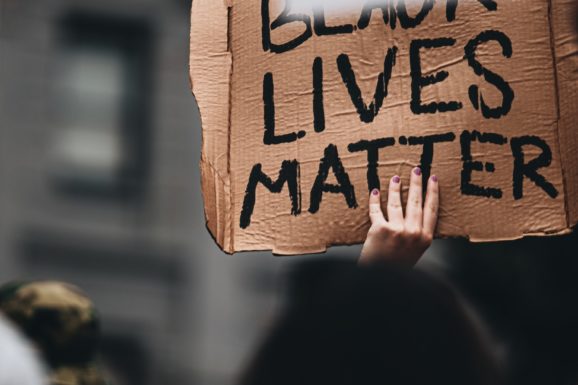This year has magnified the deeply held and long-standing divisions within society that perpetuate institutionalized inequalities among communities of color, especially Black communities.
These challenges are extensive, from the unjust killings of George Floyd, David McAtee, Ahmaud Arbery, Breonna Taylor, and countless other deaths of unarmed Black Americans; to the disproportionate effects of COVID-19’s among minorities. America, as we know it, is a tale of two countries, divided by socio-economic, cultural, and racial inequalities that have been exacerbated by effects of the Coronavirus pandemic.
This creates the question: how can companies better provide support to communities of color facing challenges from racial inequalities? These past few weeks have made clear that it isn’t enough for companies to stand in solidarity; the world now demands action.
Not long ago, companies kept out of social and political issues. Now leaders are expected to use their platforms to take a public stance. As corporate social responsibility initiatives become integral to business operations, there is a growing expectation for companies to make a social impact, and consumers are more aware of the need for corporate involvement.
Many businesses have stepped up to the figurative plate to show support for the Black community. Most recently, Ben & Jerry’s, won praise for its recent statement calling for action and its history of social activism. On the other hand companies, such as Amazon, have been met with criticism for its partnerships with law enforcement agencies that use Amazon’s face recognition technology.
The first step towards providing support is simple: companies must be willing to have these meaningful and difficult conversations, both internally and externally, with the goal of enacting long-term change.
An effective response has been from a medical manufacturing company, Boston Scientific. In an open letter to its employees the firm denounced the actions leading to the death of George Floyd and while it isn’t the first company to address racial issues, it was successful in addressing these sensitive topics within the workplace.
Here’s why:
- It gives employees a forum to voice their concerns
This is important because creating an inclusive culture relies on the efforts of leadership. Take for example the discussion of race, it’s important for leaders to encourage workers of color to talk about race, especially in the workplace.
But, a survey by Harvard Business School Working Knowledge found that 38% of black employees feel it’s never acceptable to discuss their experiences of racial bias at work. HBS senior lecturer, Anthony J. Mayo, has stated that when employees feel that they can be authentic at work, they are better engaged.
- The solutions empower employees with the tools needed to address racism at work
This is essential because, as Business Insider’s Marguerite Ward reported, research from Accenture found that 98% of senior leaders felt that their company is inclusive — however only 80% of employees felt the same way. By addressing this perception gap, leaders can better understand employees and foster an inclusive culture.
- It ties the company’s values to broader social objectives
Michael Mahoney, the CEO of Boston Scientific, re-affirmed the company’s commitment to live by its values and work towards cultivating a diverse, transparent, and equitable workplace. By placing a company’s values in context, leaders can align these values with a greater purpose.
Now more than ever, companies across all sectors must double-down and show support for communities of color, through meaningful actions. By creating a space for important conversations, creating tools to combat racism in any form, and aligning a company’s values to broader social objectives, the private sector can show its authenticity and commitment to communities of color.
